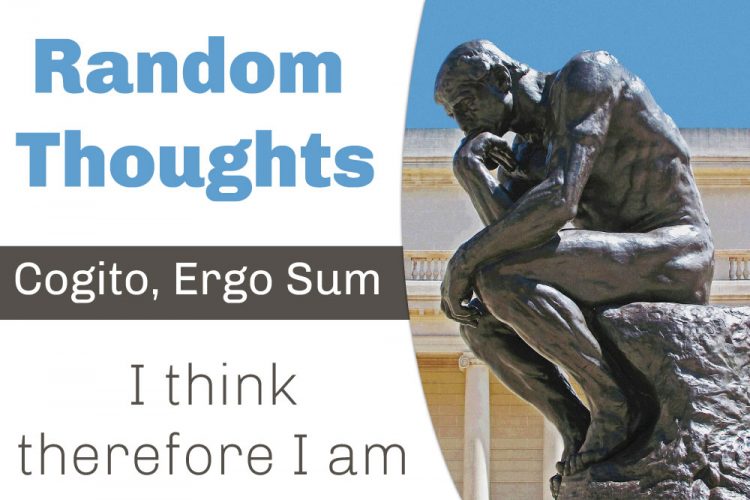Where have all the community leaders gone?

…I was thinking about community life throughout St Vincent and the Grenadines. Long ago there used to be a vibrancy about life in many of our villages and communities. The community leaders, working on their own initiative or through youth, sporting and cultural groups, took on self-help projects and organised events that gave purpose and good cheer to these areas.
I know that there are still rural carnivals held and community lighting and Nine Mornings activities. But, despite these events, there is hardly anything entrenched leading to community development. Why is this so? Has there been an abandonment of community? Have the leaders gone to Town…? For good? Or gone abroad? But much more used to take place and much more could be done.
…I was thinking – Why is the face of Queen Elizabeth II still on the Eastern Caribbean currency? I am thinking of all the progressive men and women in the OECS who were involved in the decision, and process of changing the notes from paper to polymerised material, and while doing so, altering their design and security features.
What exactly was their thinking? If they were contemplating the removal of the Queen, it couldn’t be that their non-action was due to them being fearful of Buckingham Palace’s reaction, or for that matter, Number 10, Downing Street? Or were they fearful of a class of our citizenry who are yet afraid to step out of our colonial past and embrace a modern, Caribbean-centric society? History will not look back on this period kindly – how our leaders have made little or no attempt to deliver us from psychological bondage, despite their soaring rhetoric and platitudes that equate to flavour-rich ice cream, melting on Back Street, in the midday sun.
Some of us clap our hands and giggle with glee to celebrate our diminished stature in the presence of royalty, beneath this burning gangrenous sun.
Let us stop “grace-and -favour” the Queen!
… I was thinking that the CCJ was established on April 16, 2005. This very important regional institution is now 17 years old and it has demonstrated time and again its commitment to, and success at, being a truly independent, impartial first jurisdiction and appellate authority – an ennobler of who we are and who we aspire to be. It is a judicial authority, steeped in Caribbean mores and culture.
When we hold on to the Privy Council in London, we are saying that we rather trust the judgement of those who helped to stay our colonial or even enslaved past, relying on a doctrine of stare decisis applicable in part, to British precedent.









